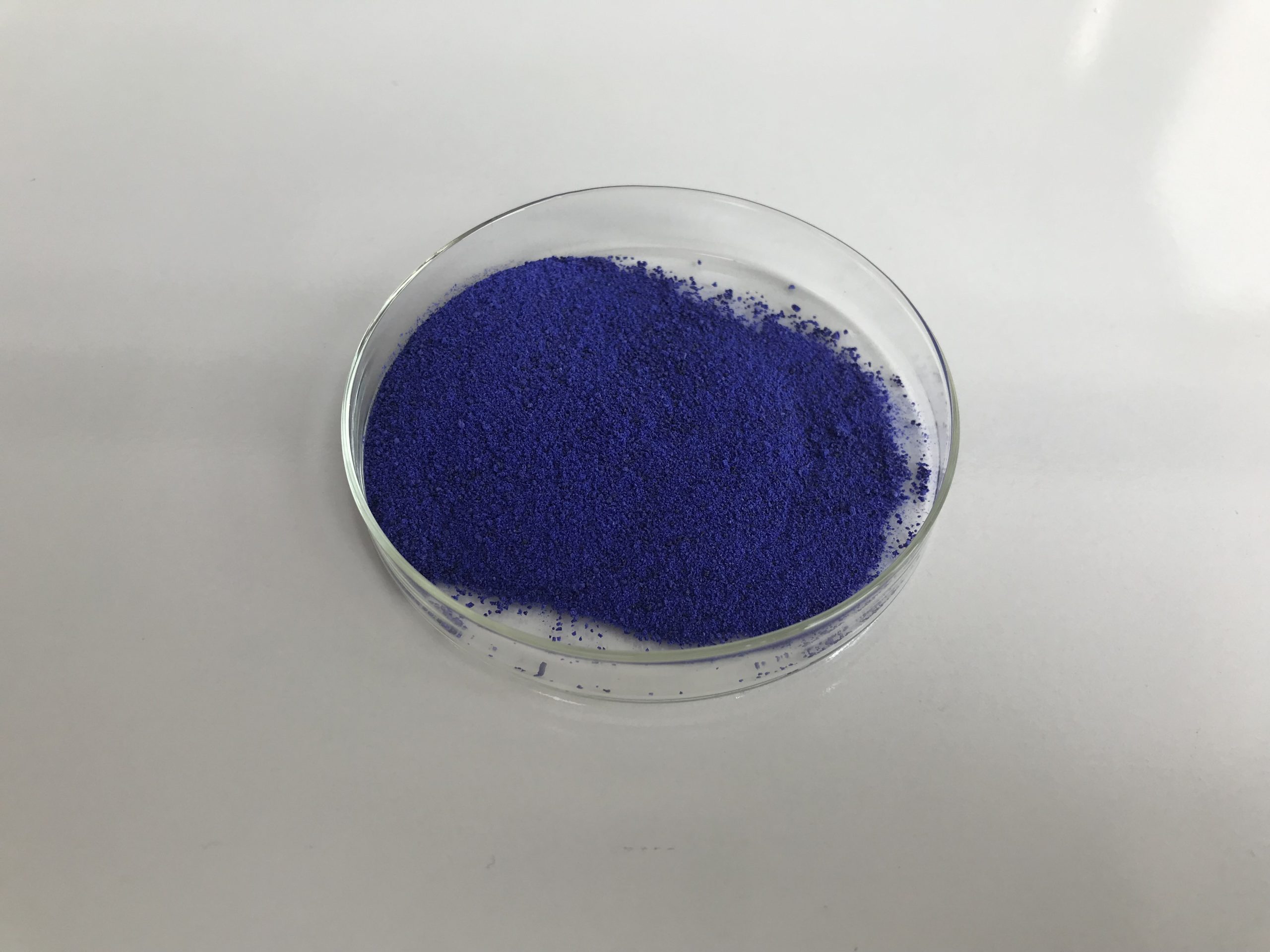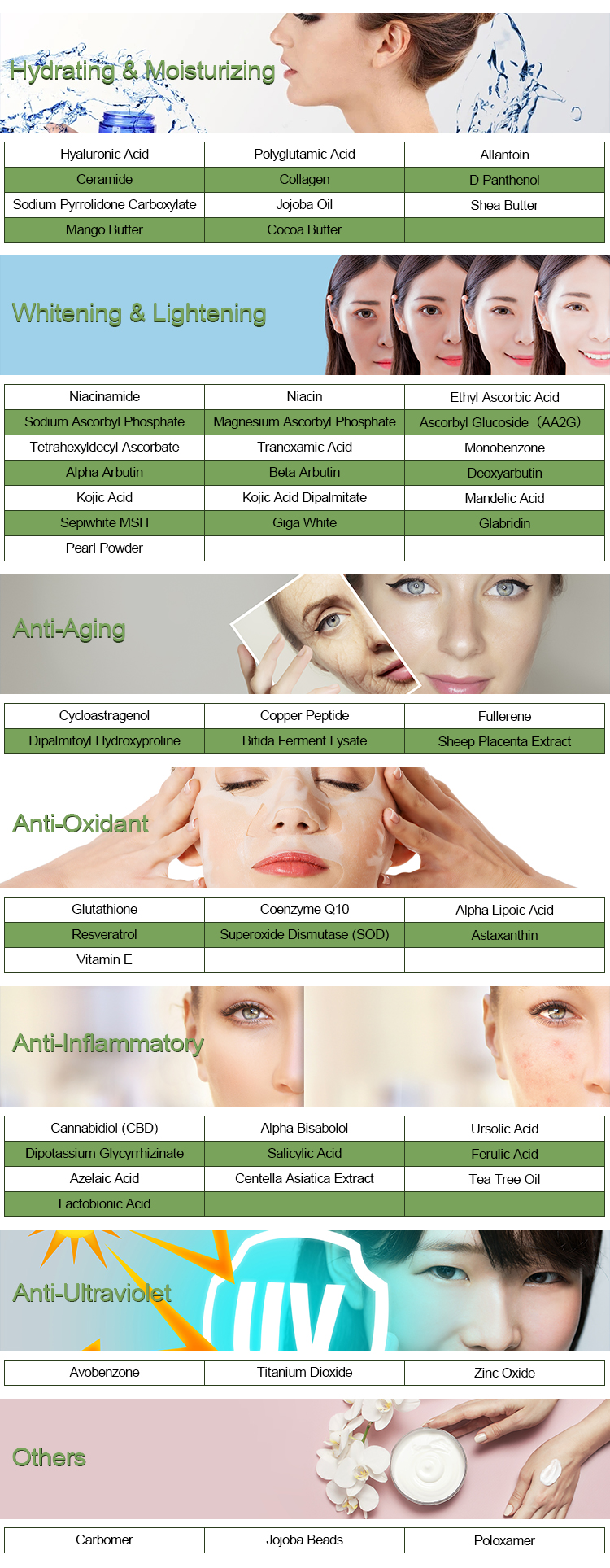Copper peptide is a group of small protein fragments that contain copper ions and are often used in skincare for their potential to promote skin healing, stimulate collagen production, and improve overall skin appearance. The most well-known copper peptide in skincare is GHK-Cu (glycyl-histidyl-lysine copper), which has demonstrated a variety of beneficial effects on the skin.
Here’s how copper peptides work:
1. Collagen Synthesis and Skin Regeneration
Copper peptide have been shown to stimulate the production of collagen and elastin. Collagen is essential for maintaining skin structure and firmness, while elastin provides elasticity. Copper, being a cofactor in the enzymatic processes that form these proteins, helps in their synthesis. This is particularly beneficial for reducing the appearance of fine lines and wrinkles and improving skin texture.
2. Antioxidant Properties
Copper peptide also have antioxidant effects. They help to neutralize free radicals, which can damage skin cells and accelerate aging. By reducing oxidative stress, copper peptides protect the skin from environmental damage, including pollution and UV radiation.

3. Wound Healing and Tissue Repair
Copper peptide have been found to promote wound healing by stimulating the migration of skin cells to the damaged area and accelerating tissue repair. This makes them useful in treatments for post-surgical recovery, acne scars, and other forms of skin damage. GHK-Cu, in particular, is believed to have regenerative properties that can help repair damaged skin.
4. Anti-inflammatory Effects
Copper peptide can modulate the inflammatory response in the skin. By reducing inflammation, they may help with conditions such as acne, rosacea, and other inflammatory skin disorders.
5. Angiogenesis (Blood Vessel Formation)
Copper peptide have been shown to stimulate angiogenesis, the formation of new blood vessels. This improved blood flow to the skin helps with the delivery of nutrients and oxygen, which can further aid in skin repair and regeneration.
6. Skin Barrier Function
Copper peptide can also help to strengthen the skin’s natural barrier. A strong skin barrier helps to retain moisture and protect against environmental aggressors.
7. Enhanced Absorption of Active Ingredients
Some research suggests that copper peptide may enhance the penetration and effectiveness of other skincare ingredients, allowing for better absorption of active compounds like retinol or vitamin C.
Mechanism of Action at the Cellular Level
At a molecular level, copper peptide work by binding to receptors on the surface of cells (such as fibroblasts and keratinocytes) and initiating a cascade of signaling pathways that lead to enhanced collagen and elastin synthesis, improved cell proliferation, and a reduction in the production of matrix-degrading enzymes (like matrix metalloproteinases or MMPs).

Clinical Applications
Copper peptide is commonly used in formulations for:
- Anti-aging treatments
- Scar healing (including acne scars and surgical scars)
- Hair loss treatments (e.g., in the form of topical serums)
- Anti-inflammatory and skin repair formulations for conditions like rosacea or eczema.
In general, copper peptide is considered to be well-tolerated in most people, though they may cause irritation in sensitive individuals, especially if used in high concentrations.
